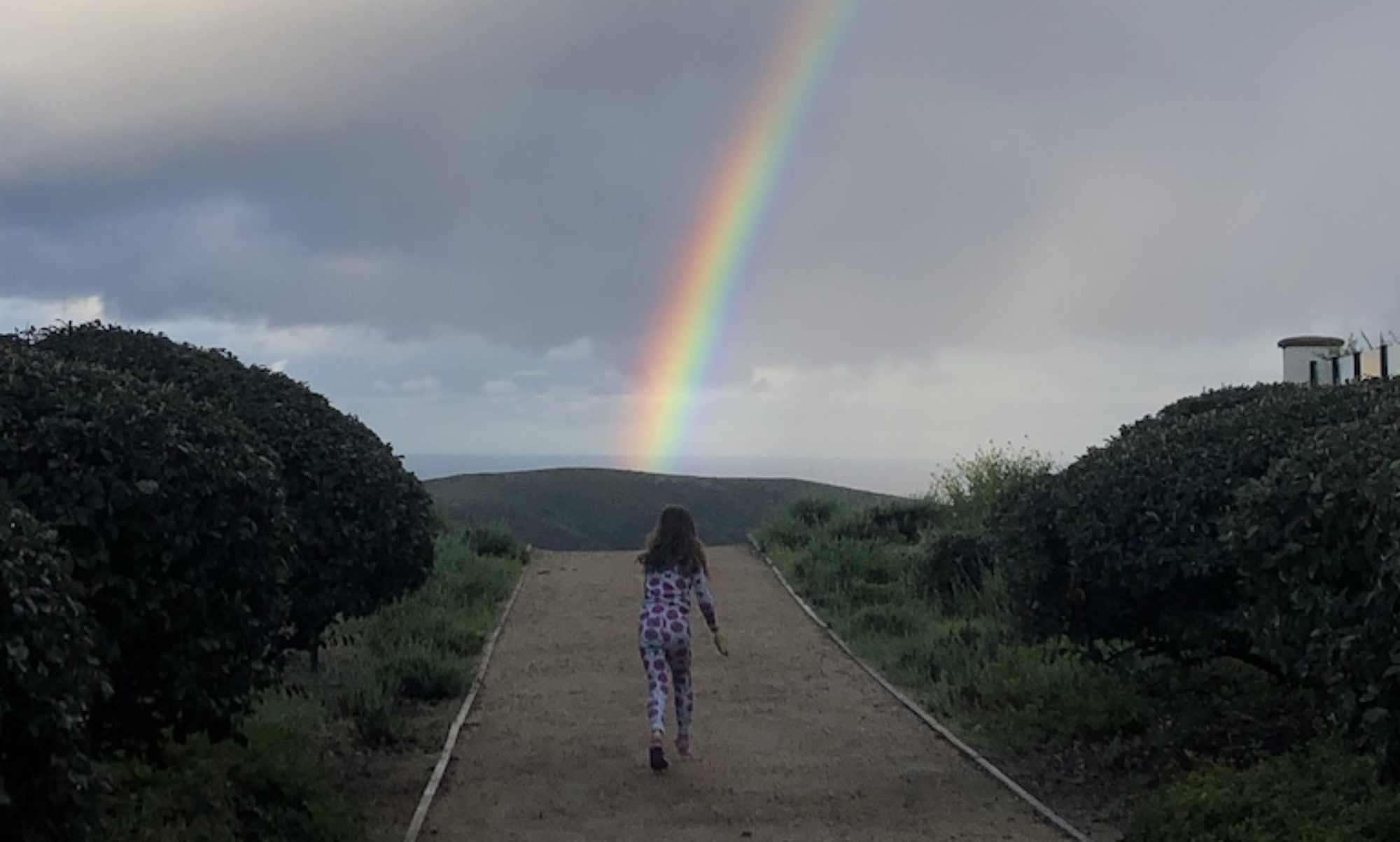Adult development is a relatively new theory. The prevailing assumption up until about 45 years ago was that once we stopped growing physically, we stopped growing altogether. A few pioneers built upon the work of child developmentalists like Jean Piaget to articulate and test a theory of adult development – our capacity to continue to grow cognitively, emotionally, egoically, spiritually even after our physical development has ceased. These theorists including Jane Loevinger, Robert Kegan, William Torbert and Suzanne Cook-Greuter are constructive developmentalists. That is, they believe that humans are not simply pre-determined by the stimuli they encounter, but rather actively participate in constructing their reality in the context of their environments. Moreover, the adult developmentalists hold that there can be substantive, enduring shifts in how adults come to know and re-know the world. Similar to child development, the tenets of constructive developmental theory state that we develop through stages of increasing complexity and that development is forward-moving and inclusive of the prior stages that we have grown through. The theory of adult development aims to articulate and predict the patterns of human growth that are possible throughout adulthood.
The explicit study of fallback is even more recent. David McCallum (2008) was the first to find empirical evidence of individuals falling back from their assessed center-of-gravity developmental level. Through my research, five years later, I endeavored to make sense of the phenomenon of fallback within the existing constructive developmental theory through an exploration with six key thinkers in the fields of adult and leadership development. Another five years later, Ashley Wells explored the nature and quality of fallback among leaders and the impact on their practice of leadership.
Publications & Other Resources
Culman, G. (Producer). (2020, October 9). 78: Valerie Livesay, Inviting Our Full Selves into the Light [Audio podcast]. Retrieved from https://wheregeniusgrows.libsyn.com/78-valerie-livesay-inviting-our-full-selves-into-the-light
Livesay, V. T. (2020, April 13). From fallback to spring forward: Bringing our better selves in times of complexity. Medium. https://medium.com/@vlivesay/from-fallback-to-spring-forward-bringing-our-better-selves-in-times-of-complexity-ccf5a3508f72?sk=d2def7bc162efaa9c190c72bc68d23c0
Culman, G. (Producer). (2020, March 19). Falling Back [Audio podcast]. Retrieved from http://pandemiccompanions.libsyn.com/falling-back
Wells, A. C. (2018). From fallback to fluidity: Meaning-making in the practice of leadership (Doctoral dissertation). Retrieved from http://purl.galileo.usg.edu/uga_etd/wells_ashley_c_201812_phd
Livesay, V. T. (October 2015). “One step back, two steps forward: Fallback in human and leadership development.” Journal of Leadership, Accountability and Ethics, 12(4), 173-189.
Livesay, V. T. (2013). Exploring the paradoxical role and experience of fallback in developmental theory (Doctoral dissertation). Dissertation Abstracts International, 74/10(E).
McCallum, D. C., Jr. (2008). Exploring the implications of a hidden diversity in Group Relations Conference learning: A developmental perspective (Doctoral Dissertation). Teachers College, Columbia University, New York, NY. Retrieved from http://proquest.umi.com/pqdweb?did=1601316511&Fmt=7&clientId=28362&RQT=309&VName=PQD

